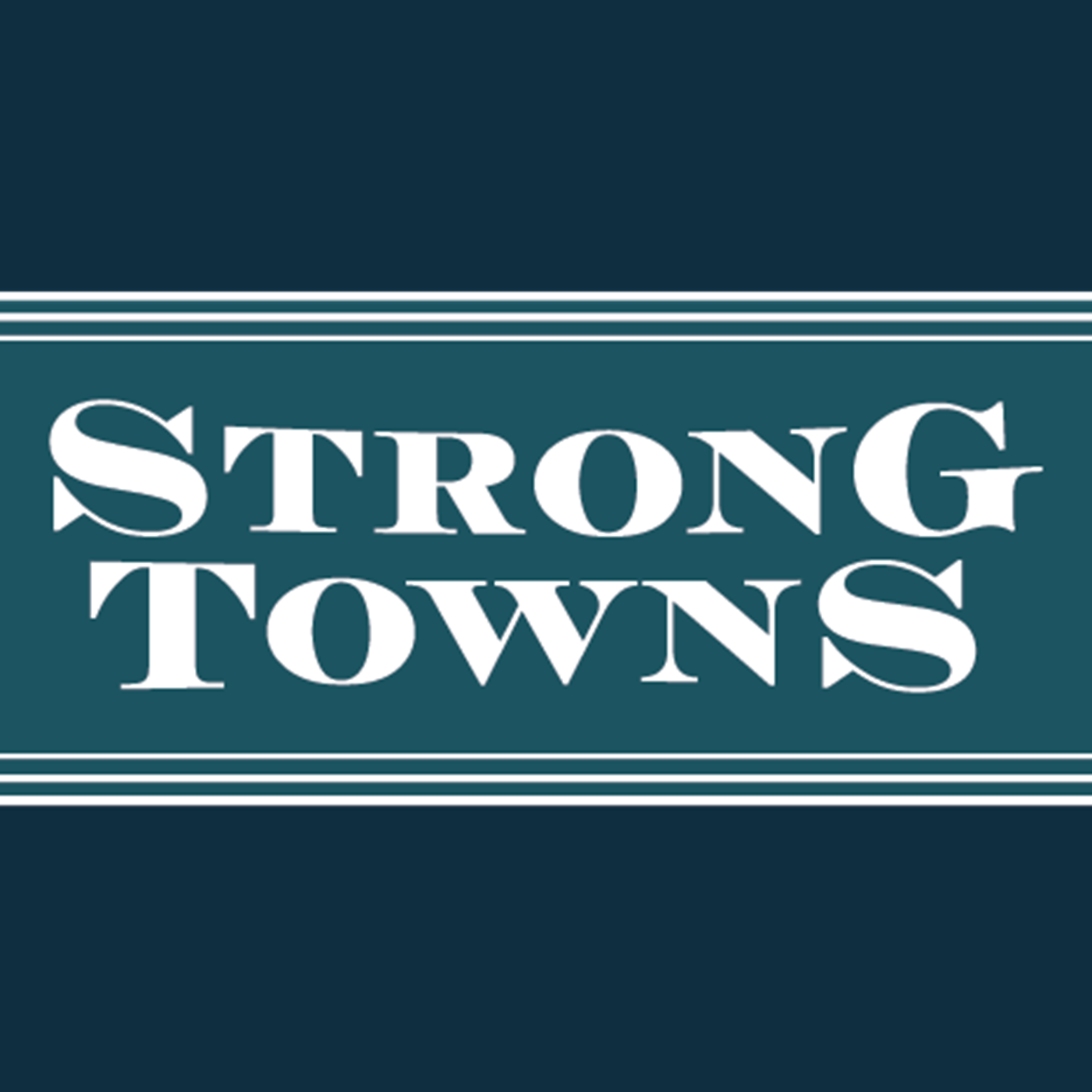- Government
- SEE MORE
- classical
- general
- talk
- News
- Family
- Bürgerfunk
- pop
- Islam
- soul
- jazz
- Comedy
- humor
- wissenschaft
- opera
- baroque
- gesellschaft
- theater
- Local
- alternative
- electro
- rock
- rap
- lifestyle
- Music
- como
- RNE
- ballads
- greek
- Buddhism
- deportes
- christian
- Technology
- piano
- djs
- Dance
- dutch
- flamenco
- social
- hope
- christian rock
- academia
- afrique
- Business
- musique
- ελληνική-μουσική
- religion
- World radio
- Zarzuela
- travel
- World
- NFL
- media
- Art
- public
- Sports
- Gospel
- st.
- baptist
- Leisure
- Kids & Family
- musical
- club
- Culture
- Health & Fitness
- True Crime
- Fiction
- children
- Society & Culture
- TV & Film
- gold
- kunst
- música
- gay
- Natural
- a
- francais
- bach
- economics
- kultur
- evangelical
- tech
- Opinion
- gaming
- College
- technik
- History
- Jesus
- Health
- movies
- radio
- services
- Church
- podcast
- Education
- international
- Transportation
- Other
- kids
- podcasts
- philadelphia
- Noticias
- love
- sport
- Salud
- film
- and
- 4chan
- Disco
- Stories
- fashion
- Arts
- interviews
- hardstyle
- entertainment
- humour
- medieval
- literature
- alma
- Cultura
- video
- TV
- Science
- en
The Dignity of Local Community: Chris Arnade

In 2017, writer, photographer, and reformed-Wall-Streeter-turned-social-critic Chris Arnade appeared as a guest on the Strong Towns Podcast, in an episode that has been one of our most popular and was featured in our Greatest Hits series (listen to it here). Today we've brought him back for another conversation.\nArnade became a journalist by accident\u2014the culmination of a journey that began as a series of long walks in his city of New York to \u201cthe places they tell you not to go,\u201d talking to anyone who would talk to him. Since then, through photographic essays that approximate a 21st-century version of Jacob Riis\u2019s How the Other Half Lives, he has become possibly the most powerful chronicler working today of what he calls \u201cback row America\u201d\u2014those dealing with poverty, addiction, homelessness, unemployment, social disintegration in communities that are rarely heard from and even more rarely really heard.\nDignity, Arnade\u2019s new book about the people in the \u201cback row\u201d (as opposed to the front row of the college-educated elite) has rapidly become one of the most talked-about releases of 2019. Combining photos, interviews, and narrative segments, Dignity intentionally foregrounds the voices of the people that Arnade interviews, rather than Arnade\u2019s own interpretation of their situations or needs.\nWhy \u201cJust Move\u201d Isn\u2019t an Answer\nA central theme of Arnade\u2019s work is the differences in value system and priorities that make policies promulgated by Front Row experts with elite credentials often a poor fit for the challenges of Back Row America. For example, to America\u2019s educated and mobile elite, it might seem intuitive that the best solution to the lack of jobs or upward mobility in a place like Appalachia or inner-city Baltimore is, \u201cJust move.\u201d And policies might be designed to help people acquire the means to move\u2014providing institutional social services, or lowering the barriers (such as housing cost) to living in places with booming job markets and good schools.\nMany of Arnade\u2019s subjects see it differently, and he wants his reader to understand why. Maybe they\u2019re helping a family member stay sober. Maybe they\u2019re supporting a friend or relative or don\u2019t want to be far from their children. Maybe it\u2019s something more intangible than that:\n\n\u201cOften, place\u2014and the value of place\u2014and it can be as simple as the metaphysical greatness you get from the lakes or hills or trees in your yard. Those things are free to people. The idea of continuity, of being in a place and knowing it values you and you value it: that doesn\u2019t cost anything\u2026.\nIt\u2019s very hard to measure the importance of staying in a community all your life, the network of connections you have, the fact that you wake up every morning and you look out and you see the same lake, and you know every nook and cranny of the lake, or you know the people around the lake. That\u2019s hard to put a price tag on, so we tend to think about it as, \u201cOh, that\u2019s not very important. People can just find another lake.\u201d\n\nArnade\u2019s subjects span the full spectrum of the American \u201cback row\u201d experience, from rural whites to inner-city people of color. And he doesn\u2019t shy away from the uglier sides of this experience\u2014the vicious cycle of addiction, or the resurgence of overt racism\u2014but he does urge us to avoid platitudes and facile moral judgments, in favor of understanding the systemic reasons that a community is in disarray.\nListen to this week\u2019s episode of the Strong Towns Podcast for more about Dignity, the overlap of Arnade\u2019s themes with the Strong Towns movement, and what kind of policy-making process might be more responsive to the needs of all Americans and not just the preferences of elites. (Hint: it sounds a lot like the Strong Towns approach!)